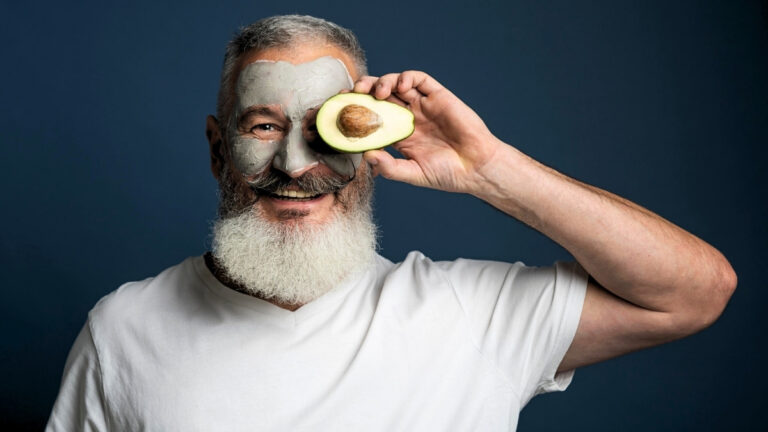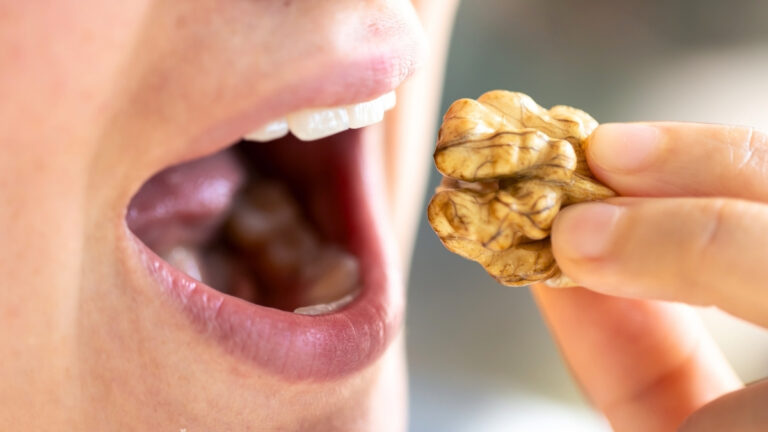From Yogurt to Greens: 12 Nutritionist-Approved Foods That Build a Bulletproof Gut — Start With #2!
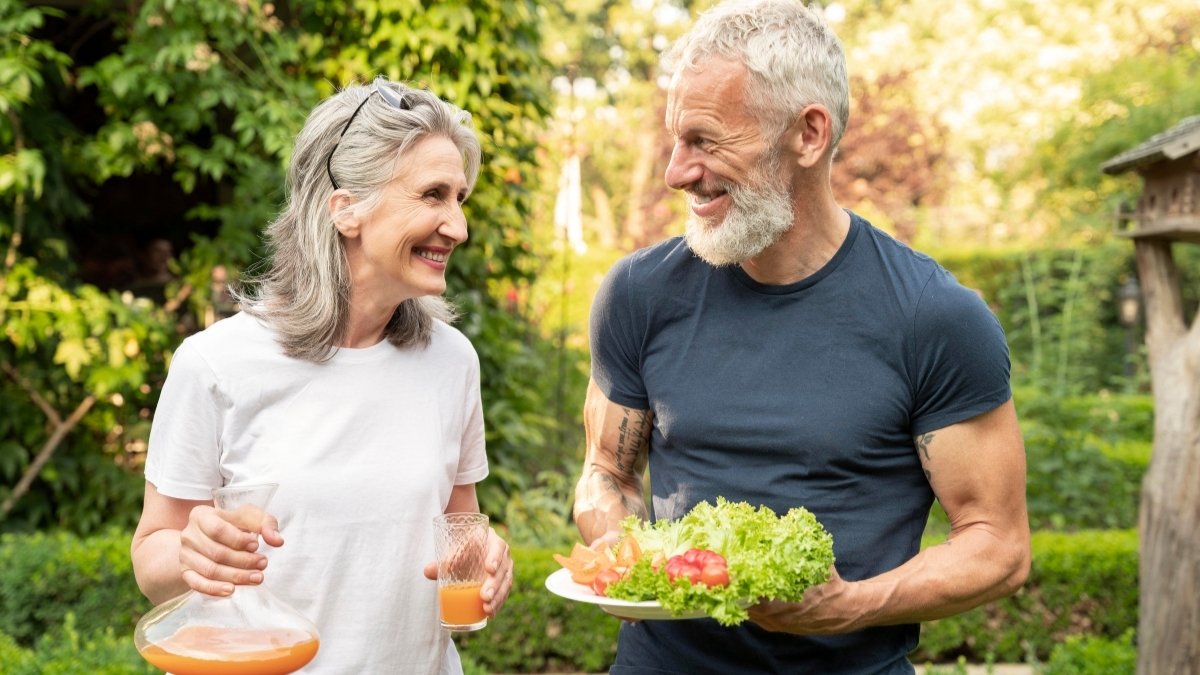
Your gut processes 40 tons of food over your lifetime—but most people are feeding it all wrong. You’re not alone if you feel bloated, tired, or uncomfortable after meals. This happens because your gut health foods choices matter more than you think.
Here’s the shocking truth: 70% of Americans deal with regular digestive problems. Gas, bloating, irregular bowel movements, and stomach pain have become normal. But they shouldn’t be.
The good news? Simple dietary changes can transform your digestive health in just 2 weeks. Your microbiome responds fast when you feed it right.
You’ll discover 12 scientifically-proven foods that fix gut problems from the inside out. Each food targets specific digestive issues with real solutions. You’ll learn exactly how much to eat, when to eat it, and how to add these foods to meals you already love.
No complicated meal plans or expensive supplements needed. Just smart food choices that actually work.
From Yogurt to Greens BULLETPROOF GUT
12 Nutritionist-Approved Foods for a Stronger Body.
The Science Behind Gut Health Foods
Your gut holds 100 trillion bacteria. That’s more than the stars you can see at night. These tiny helpers control way more than you think.
Here’s what shocked scientists: 70% of your immune system lives in your gut. When you eat junk, bad bacteria take over. When you feed good bacteria, they protect you from getting sick.
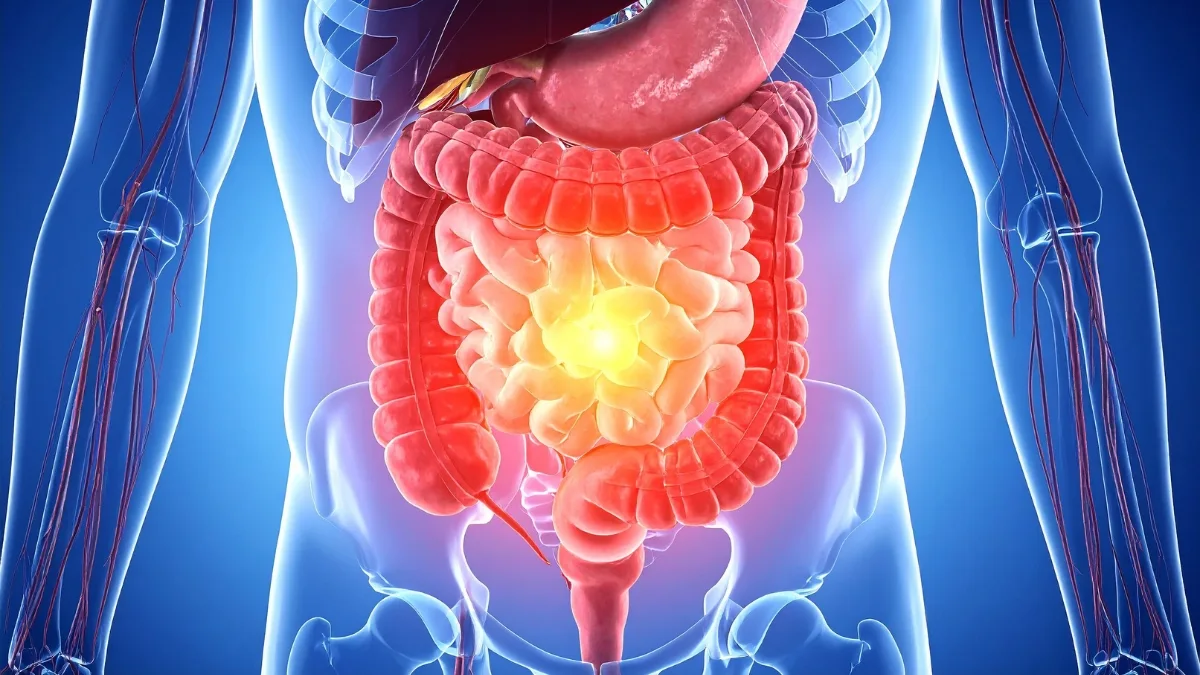
Your gut also makes 95% of your body’s serotonin. That’s your happy hormone. Bad gut health means low mood and zero energy. Good gut health means you feel amazing.
So what makes a food “gut-friendly”? It either feeds good bacteria (prebiotics) or adds good bacteria (probiotics). A smart microbiome diet includes both types. Your digestive health depends on this balance.
1. Greek Yogurt: The Probiotic Powerhouse
Most store yogurts are sugar bombs that kill good bacteria. Real Greek yogurt fixes your gut instead. The live active cultures in quality yogurt add billions of helpful bacteria to your system.
Greek yogurt packs 20 grams of protein per cup. This protein rebuilds your gut lining when it gets damaged. Think of it as construction material for your digestive tract.
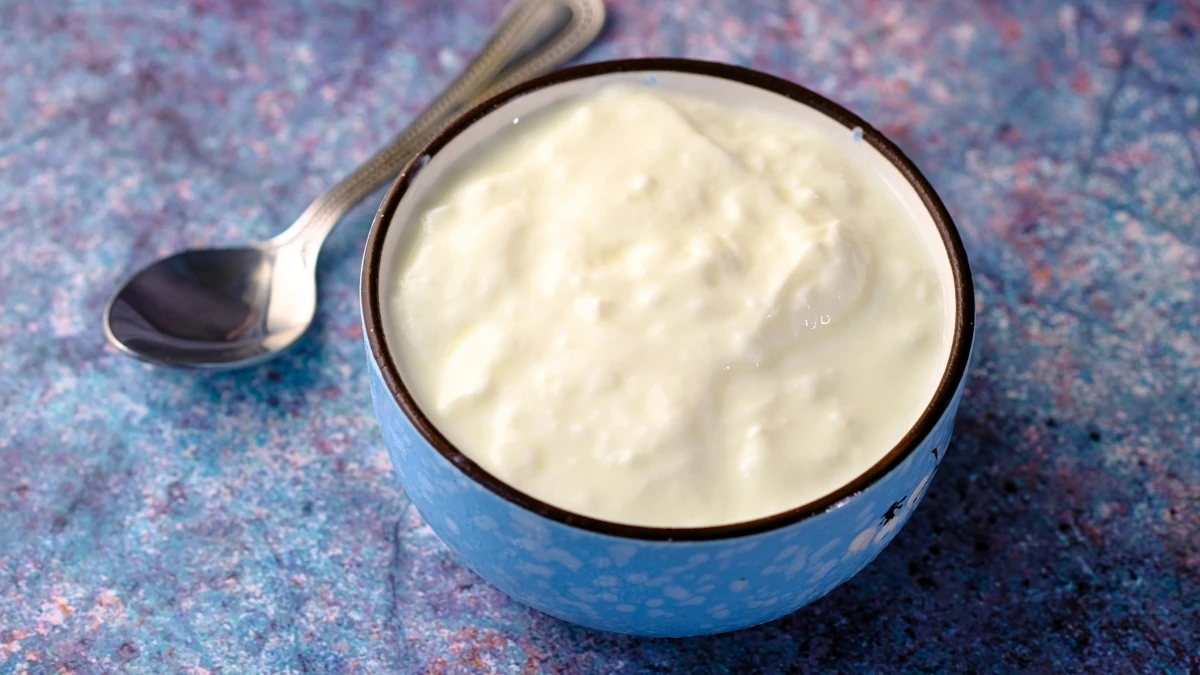
Look for 5+ billion CFU on the label. Fage, Chobani Plain, and Two Good are solid picks. Skip anything with added sugar or fake fruit chunks.
Eat Greek yogurt with berries for the best results. The fiber in berries feeds the probiotic bacteria you just added. Morning or after workouts work great for timing.
This combo of probiotic foods gives your gut exactly what it needs.
2. Sauerkraut: The Fermented Game-Changer (Start Here!)
Sauerkraut beats expensive probiotic pills every time. One serving has more live bacteria than most supplements. The natural fermentation process creates super-strong probiotics that survive your stomach acid.
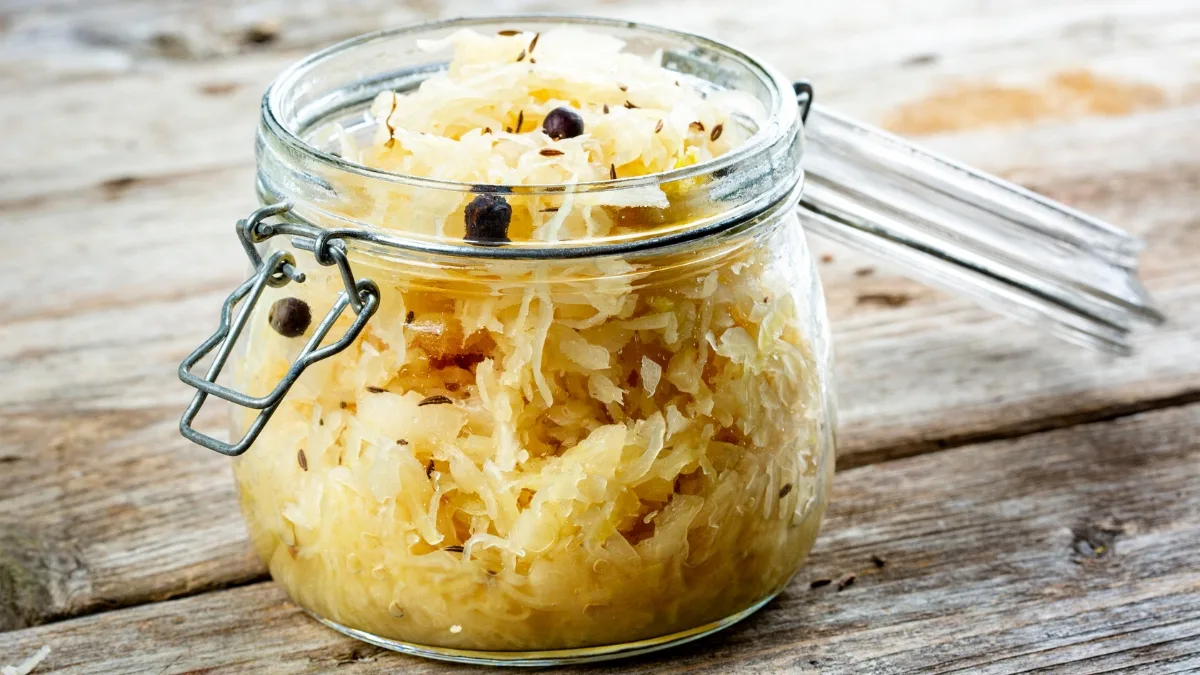
You can make it at home with just cabbage and salt. But if you’re busy, grab Bubbies brand from the refrigerated section. Never buy the shelf-stable stuff – it’s dead.
Start with 1-2 tablespoons daily. Your gut needs time to adjust. Too much too fast causes gas and bloating.
Toss it on salads, pile it on sandwiches, or eat it straight as a side dish. The tangy flavor grows on you fast.
Sauerkraut also loads you with vitamin C and K. These fermented foods are the easiest way to flood your system with good bacteria.
3. Leafy Greens: Fiber for Friendly Bacteria
Your good gut bacteria are starving. They need prebiotic fiber to survive and multiply. Leafy greens are their favorite food.
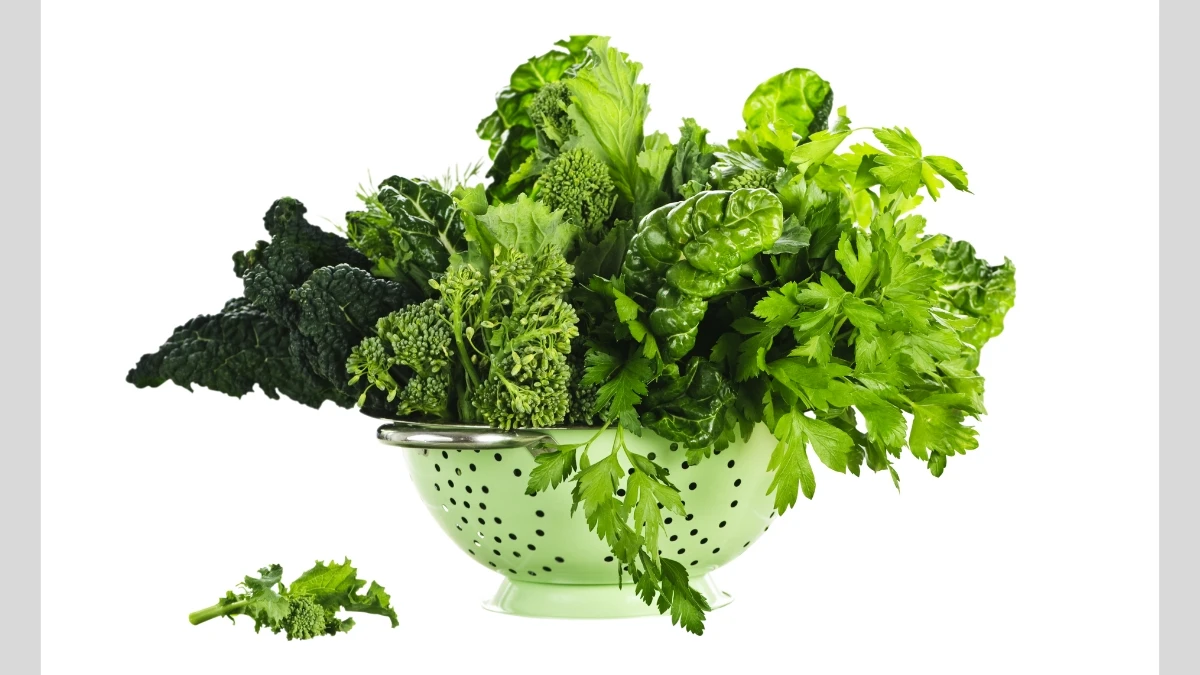
Spinach, kale, arugula, and Swiss chard pack special fibers that feed beneficial bacteria. The magnesium in these greens also fights inflammation in your digestive tract. Chlorophyll helps repair your gut lining naturally.
Aim for 2-3 cups daily. Throw spinach in your morning smoothie. Make kale salads for lunch. Sauté Swiss chard with garlic for dinner.
Don’t overthink it. Bag salads work fine if fresh prep is too much work. Frozen spinach counts too.
These foods for digestive health cost almost nothing. But they create the perfect environment for healthy bacteria to thrive. Your microbiome will thank you.
4. Bone Broth: Healing Gut Lining Naturally
Your gut lining takes a beating from stress, processed food, and medication. Bone broth fixes the damage from the inside out.
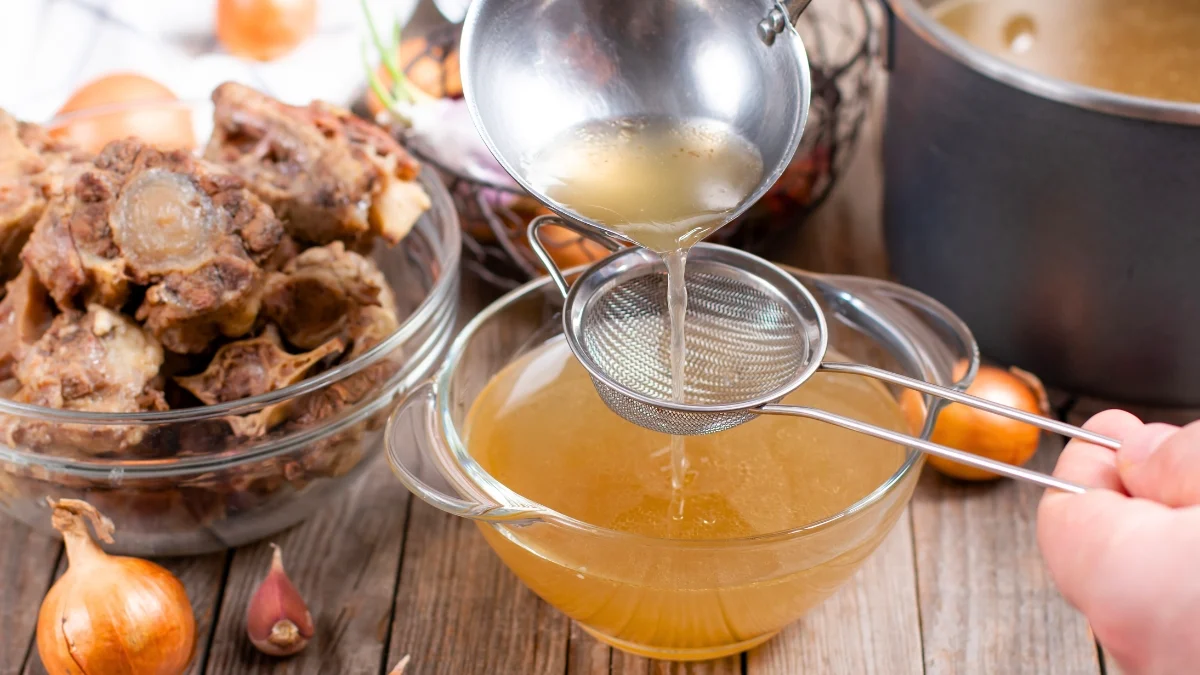
Real bone broth contains collagen and gelatin. These compounds seal up tiny holes in your intestinal wall. The amino acids glycine and glutamine act like repair crew for your digestive system.
Quality matters here. Kettle & Fire and Bonafide Provisions use grass-fed bones and slow cooking methods. Cheap broths are basically flavored water.
Drink 8-12 ounces daily. Sip it warm like tea or use it as cooking liquid for rice and soups. The minerals in good bone broth also help your body digest other foods better.
This is one of the most powerful gut health foods you can find.
5. Kimchi: Korean Superfood for Your Microbiome
Kimchi delivers specific Lactobacillus bacteria strains that crowd out bad bugs in your gut. The fermentation process also creates powerful anti-inflammatory compounds.
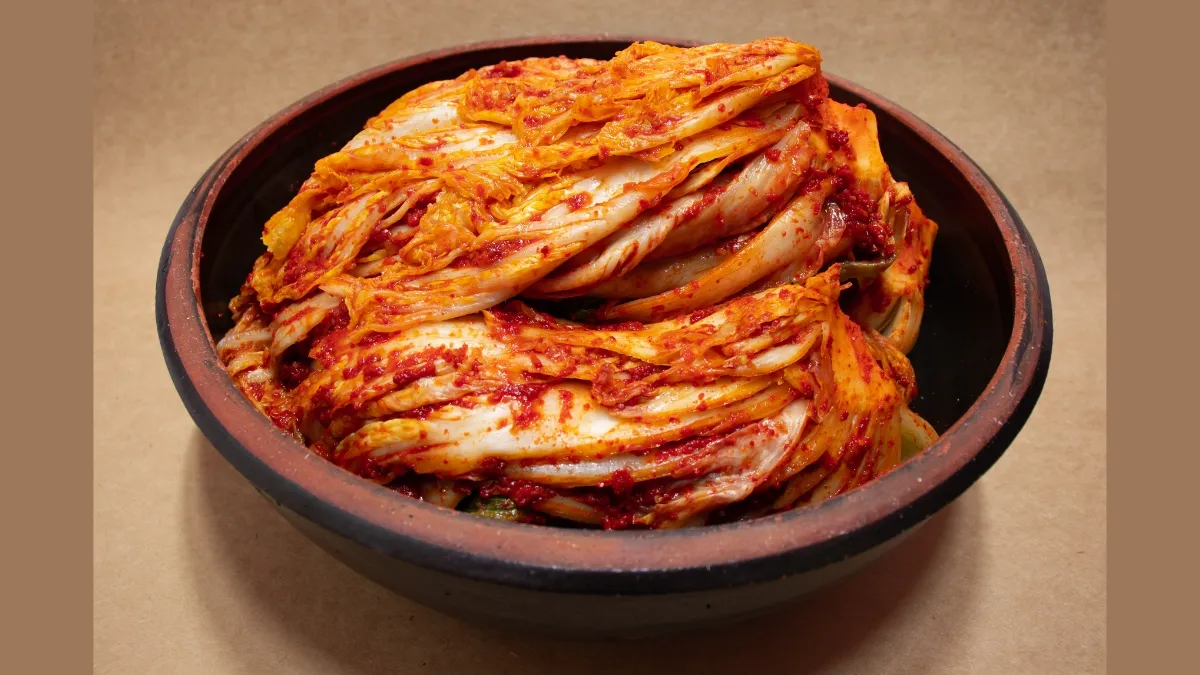
The spices in kimchi boost digestion naturally. Ginger settles your stomach. Garlic feeds good bacteria. Red pepper flakes speed up your metabolism.
Mother in Law’s brand tastes great and you can find it at most stores. Start with 1/4 cup servings. The spice level can shock beginners.
Mix kimchi into rice bowls. Scramble it with eggs. Drop it in soups for instant flavor. The possibilities are endless once you get hooked.
These fermented foods pack more probiotic power than expensive supplements. Plus they actually taste good instead of chalky and gross.
6. Wild-Caught Salmon: Omega-3s for Gut Inflammation
Your inflamed gut hurts every time you eat. Wild-caught salmon cools that fire fast. The EPA and DHA omega-3s in salmon stop intestinal inflammation in its tracks.
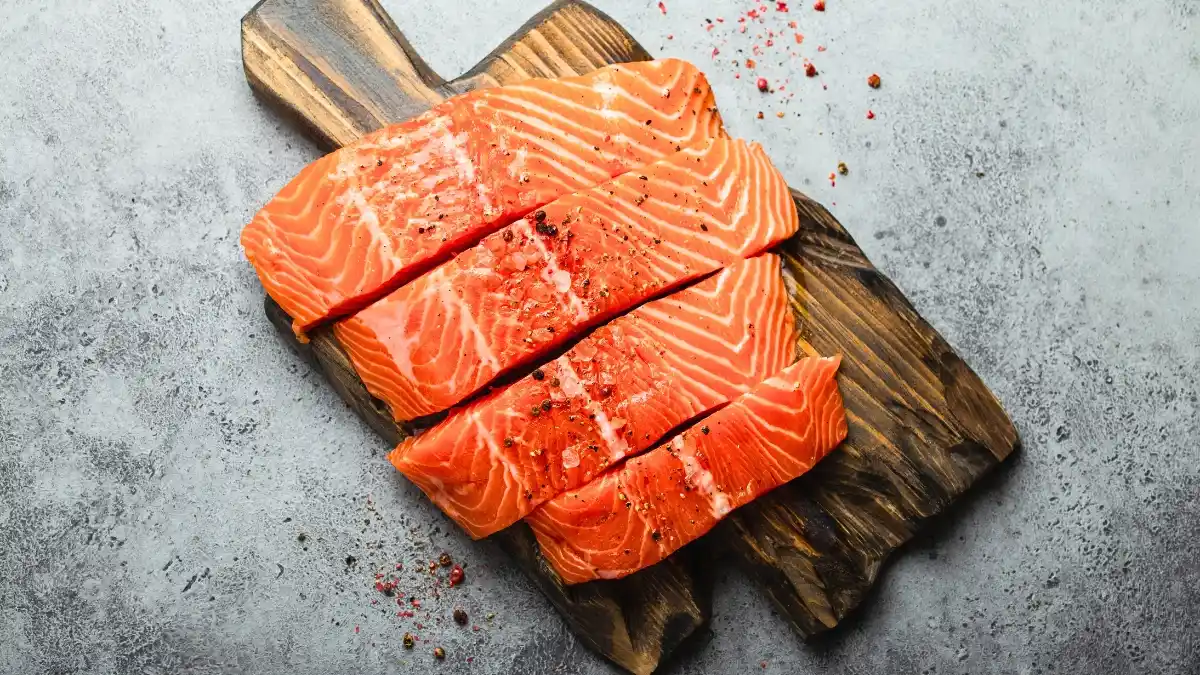
Each serving gives you 25 grams of high-quality protein. This protein rebuilds your damaged gut lining better than any supplement. Salmon also packs vitamin D, which keeps your microbiome balanced and healthy.
Choose Alaskan salmon when possible. Farm-raised fish contains way less omega-3s and more toxins. Eat 3-4 ounces, 2-3 times weekly for best results.
Grill it, bake it, or grab canned salmon for quick meals. Even canned wild salmon beats most fresh farm-raised options. These foods for digestive health reduce inflammation while feeding your body what it craves.
7. Garlic: Prebiotic Power in Every Clove
Your good bacteria are hungry for inulin fiber. Garlic delivers this special prebiotic in every bite. One clove feeds millions of beneficial bacteria in your gut.
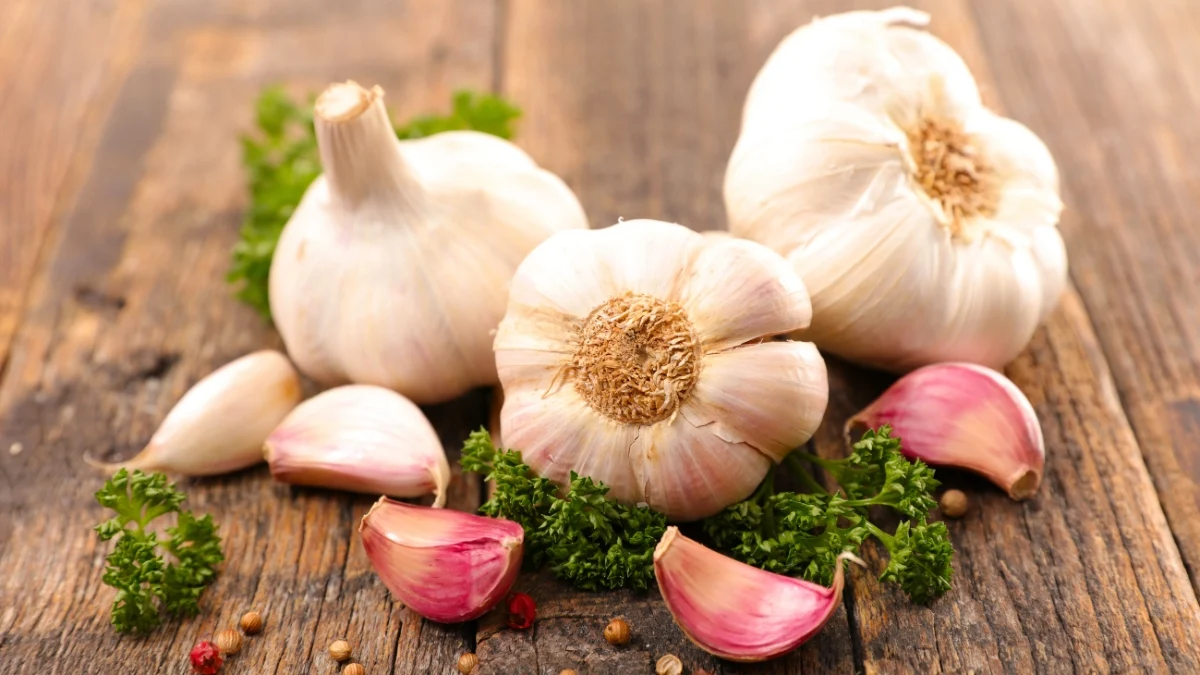
Raw garlic also creates allicin when you crush it. This compound kills bad bacteria while protecting good ones. Your immune system gets stronger when you eat garlic regularly.
Chop 1-2 cloves daily and let them sit for 10 minutes. This waiting time activates the allicin. Then add raw garlic to salad dressings or toss cooked garlic into roasted vegetables and soups.
Cooking reduces some benefits but still helps. Raw packs more punch if you can handle the bite. These prebiotic foods cost pennies but deliver massive gut health benefits.
8. Blueberries: Antioxidants That Feed Good Bacteria
Most fruits spike your blood sugar and feed bad bacteria. Blueberries do the opposite. They’re packed with anthocyanins that specifically grow Bifidobacterium, one of your best gut allies.
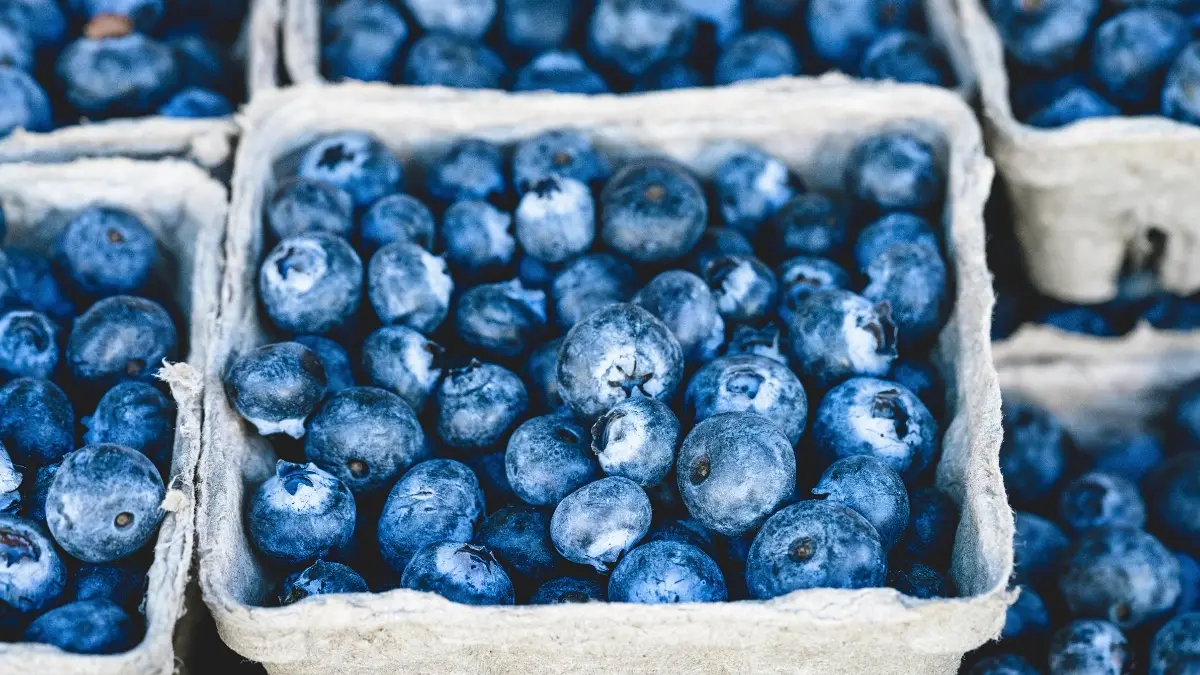
Each cup gives you 4 grams of fiber that keeps you regular. Blueberries also contain less sugar than apples, bananas, or grapes. Your gut bacteria love them but sugar-loving bad bugs don’t.
Eat 1/2 to 1 cup daily. Toss them in Greek yogurt, blend into smoothies, or stir into oatmeal. Frozen blueberries work just as well and cost less year-round.
The fiber in blueberries sweeps toxins out of your system. These prebiotic foods taste like candy but act like medicine for digestive health.
9. Jerusalem Artichokes: The Ultimate Prebiotic Vegetable
Your gut bacteria are starving for inulin fiber. Jerusalem artichokes contain more inulin than any common vegetable. Just one serving feeds both Lactobacillus and Bifidobacterium for hours.
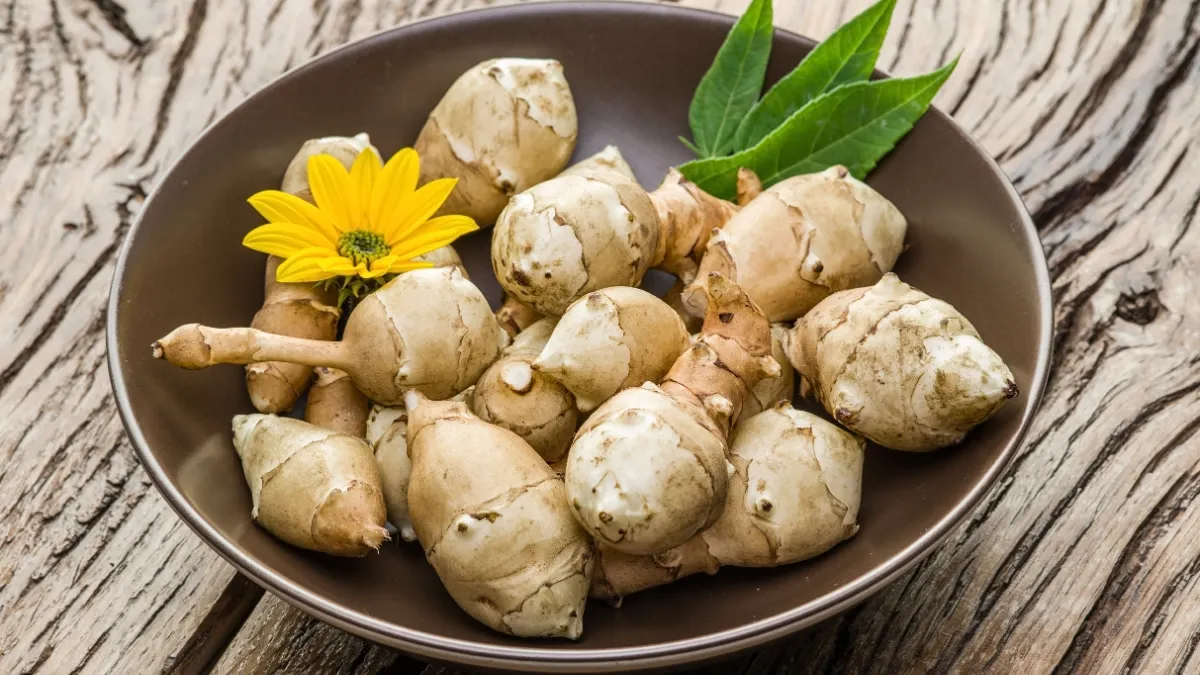
These weird-looking tubers can cause gas if you eat too much too fast. Start with 1/4 cup servings and work up slowly. Your gut needs time to build up the right enzymes.
Roast them like potatoes, sauté them with onions, or slice them raw into salads. Look for them near specialty potatoes at the grocery store. They taste like water chestnuts with a slight sweetness.
These prebiotic foods might look strange but they’re gut health gold. Your microbiome will explode with beneficial bacteria within days.
10. Miso: Japanese Fermentation for Digestive Health
Your stomach struggles to break down food properly. Miso paste contains powerful enzymes that do the hard work for you. The Aspergillus oryzae mold in miso creates these digestive helpers naturally.
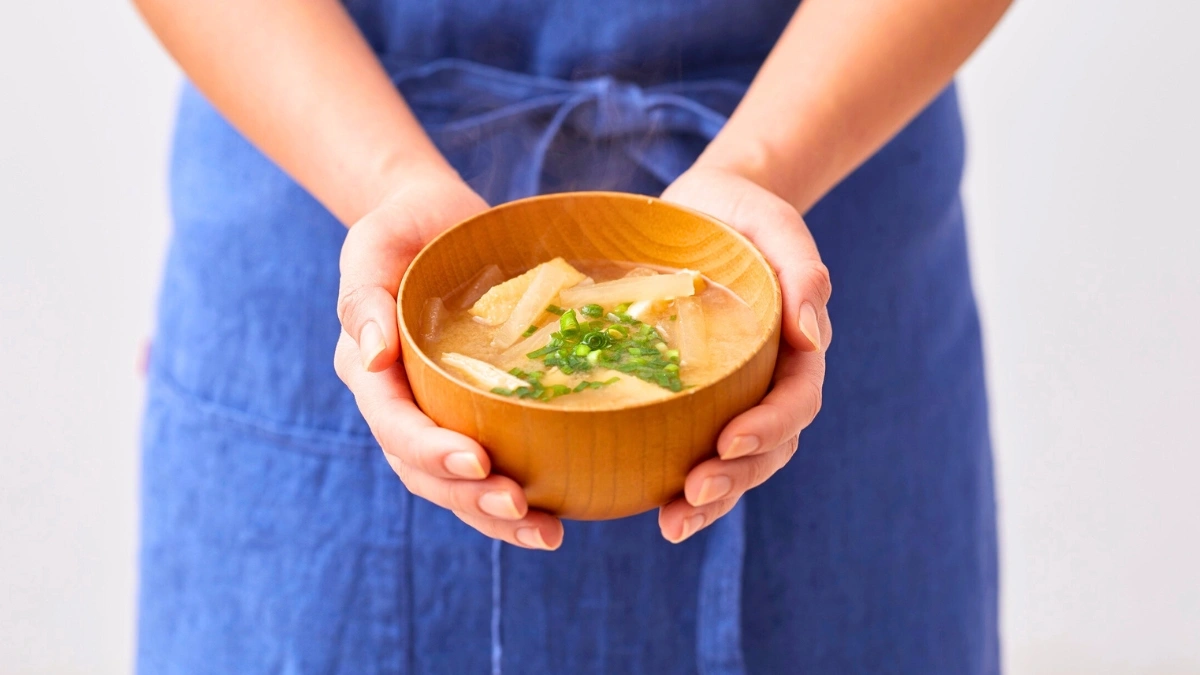
This fermented soybean paste also adds umami flavor that makes everything taste better. The beneficial bacteria in unpasteurized miso colonize your gut and crowd out harmful bugs.
Use 1-2 tablespoons in soup broth or salad dressings. Miso Master and South River make quality unpasteurized versions. White miso tastes milder if you’re new to fermented foods.
Never boil miso or you’ll kill the good bacteria. Add it after cooking when the liquid cools down. These fermented foods pack serious probiotic power in a tiny serving.
11. Almonds: Prebiotic Fiber in Every Handful
Most nuts are hard to digest and cause stomach problems. Almonds are different. They contain special prebiotic fiber that feeds Bifidobacterium, one of your most important gut bacteria.
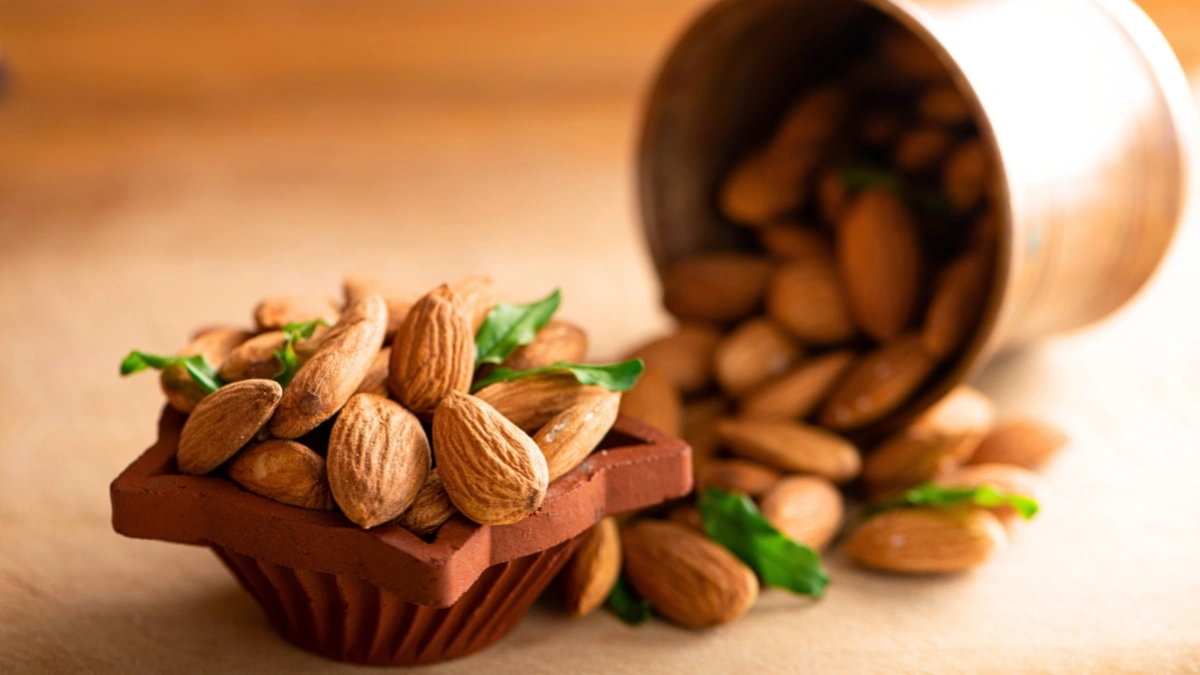
Each serving also gives you healthy fats that cool inflammation in your digestive tract. The vitamin E in almonds helps repair and strengthen your gut lining naturally. Your intestinal wall gets stronger with regular almond consumption.
Stick to 1 ounce daily – that’s exactly 23 almonds. More than that can cause digestive upset and weight gain. Choose raw or dry roasted almonds over flavored varieties loaded with salt and oils.
Sprinkle them on Greek yogurt, toss into salads, or grab a handful as an afternoon snack. These prebiotic foods pack serious nutrition in a small serving size for better digestive health.
12. Kefir: The Probiotic Drink That Beats Yogurt
Regular yogurt has 2-3 probiotic strains. Kefir delivers 12-15 different beneficial bacteria in every sip. This fermented milk drink colonizes your gut with more variety than any other single food.
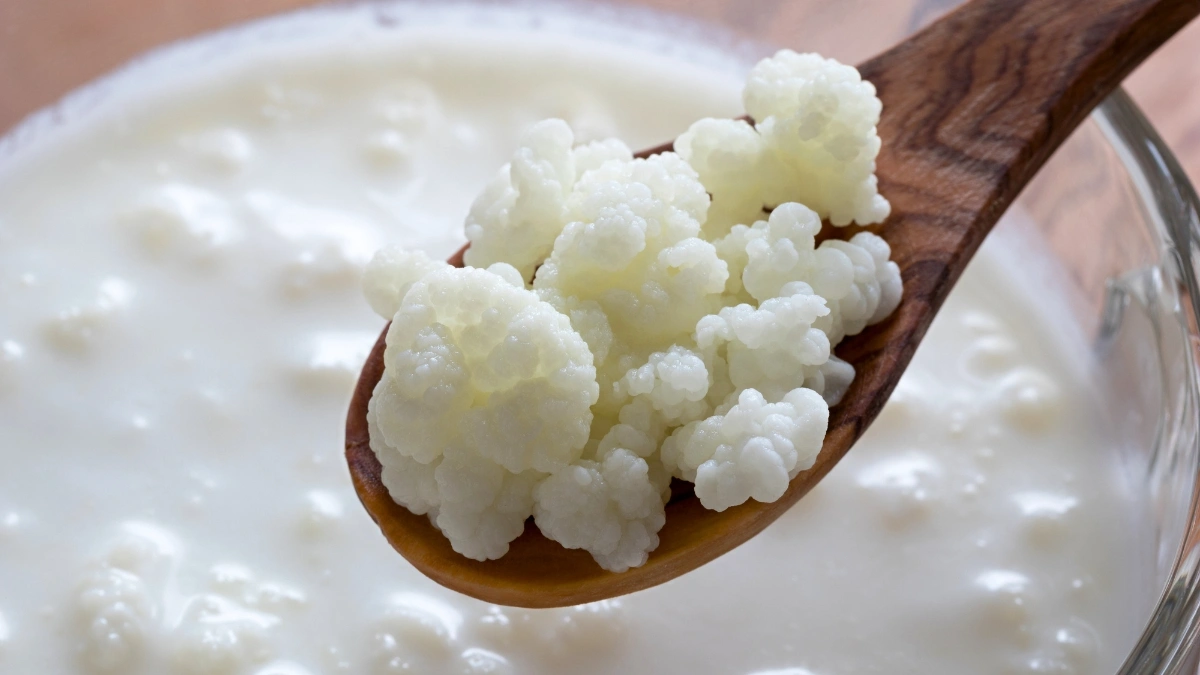
Kefir is also easier to digest than regular dairy. The fermentation process breaks down most of the lactose that causes stomach problems. Even people with mild dairy sensitivity often handle kefir just fine.
Drink 4-6 ounces daily. Lifeway and Maple Hill make quality versions you can find at most stores. Can’t do dairy? Coconut kefir works great and tastes tropical.
You can make kefir at home with starter grains if you want to save money. These probiotic foods cost way less than supplements but deliver far more gut health benefits.
At the Last,
Your gut health impacts your entire body – energy, mood, immunity, and brain function. The best approach combines both probiotic and prebiotic foods for maximum benefit.

Don’t try to add all 12 foods at once. Pick 2-3 favorites and eat them consistently. Perfect timing and portions matter less than showing up daily.
Start your gut health transformation today by choosing one food from this list to add to tomorrow’s meals. Your digestive system—and your energy levels—will thank you. These gut health foods work when you stick with them.

